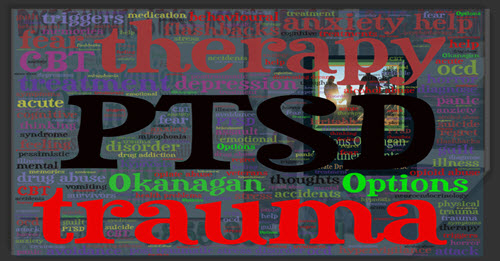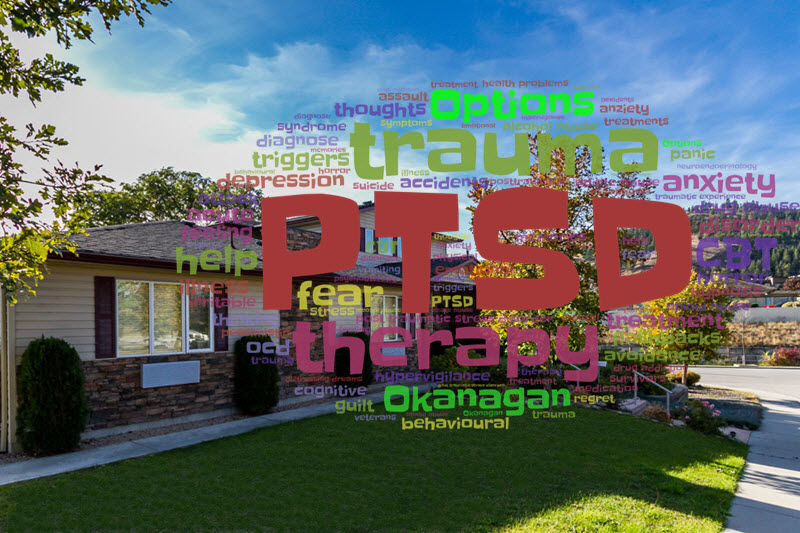Options Residential PTSD And Trauma Treatment Programs
PTSD Symptoms And Coping Strategies, Drug Use, PTSD and Trauma
PTSD Symptoms And Coping Strategies
An individual may think that any trauma is behind them. As time passes following a traumatic experience, it is only natural to think that a person's body and mind are healed so that they can move on. However, post-traumatic stress disorder (PTSD) symptoms can crop up months and sometimes even years later. However, unlike a broken arm or rash, PTSD may be difficult to identify, particularly when it is occurring inside a person's mind. PTSD may feel and look like rage or depression. It may affect everything ranging from a person's relationships at work and at home to how they sleep at night. If any of these symptoms sound like something an you are experiencing, consult with a doctor to get it diagnosed.

Intrusive Memories
Whether or not a person is actively thinking about it, memories from a traumatic experience may come back to haunt them. An individual might experience them as nightmares or sleeping disorders or as flashbacks during the day. That means an individual will relive the traumatic experience as if it is occurring for the very first time. It may cause a person to feel suspicious, guilty, afraid, or anxious. Those emotions might physically play out in the form of panic attacks, heart palpitations, headaches, shaking, and chills.
Avoidance
A person who has had a traumatic experience really does not want to think about it or talk about it either. They will avoid everything and everyone that reminds them of the incident, including activities and places. Avoidance may also mean keeping away from people overall, and not simply those connected with the incident. That can make an individual feel alone and detached from everybody, including their family and friends.
Changes in Behavior in Emotional Reactions
These are called arousal symptoms by doctors. They can cause a person's emotions to be more intense or result in them reacting differently than they would normally. For example, a careful driver might start being overly aggressive out on the road or driving too fast. It is very common to have angry, irrational outbursts. Many people find it difficult to focus on anything. Feelings of being under attack or of danger can ruin a person's concentration level or prevent them from completing tasks that they do on a daily basis. That can lead to difficulties with sleeping, whether or not they are having nightmares or not.

Drastic Changes in Mood Swings or Thinking
PTSD is not always accompanied by clues such as flashbacks and nightmares. At times it might appear that a mood change is not related to a traumatic incident. A person might feel bad about others or themselves, numb, or hopeless. Suicidal thoughts might come and go. Deep feelings of shame and guilt are also common. Activities that you usually enjoy might not interest you any longer. You could have low motivation for maintaining relationships with family and friends.
Coping Strategies
PTSD symptoms can be very hard to deal with, and this can result in many individuals with PTSD being susceptible to developing coping strategies that are unhealthy, like deliberate self-harm, or drug or alcohol abuse. Due to these risks, it is critical to develop various healthy coping skills for managing an individual's PTSD symptoms. Some of the coping strategies that an individual can work on integrating into their daily life include:
Quote, “never doubt that a small group of dedicated people can change one’s life indeed it’s the only thing that ever has.”
Please call if you or a loved one needs help 1-855-335-0331.
Copyright © 2020 - Options Okanagan Treatment Center
206 - 478 Bernard Avenue, Kelowna, British Columbia, V1Y 6N7
Phone Toll Free at 1-855-335-0331
PTSD, Trauma and Drug Rehab Aftercare